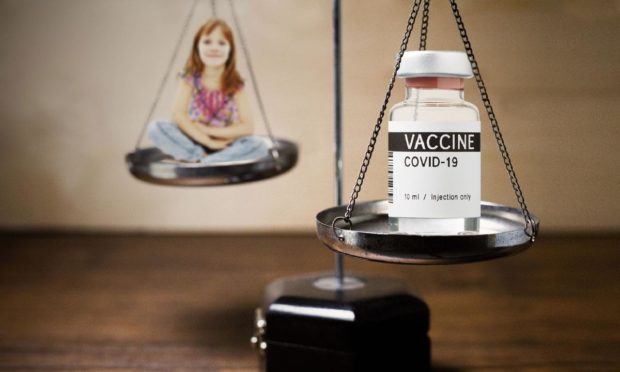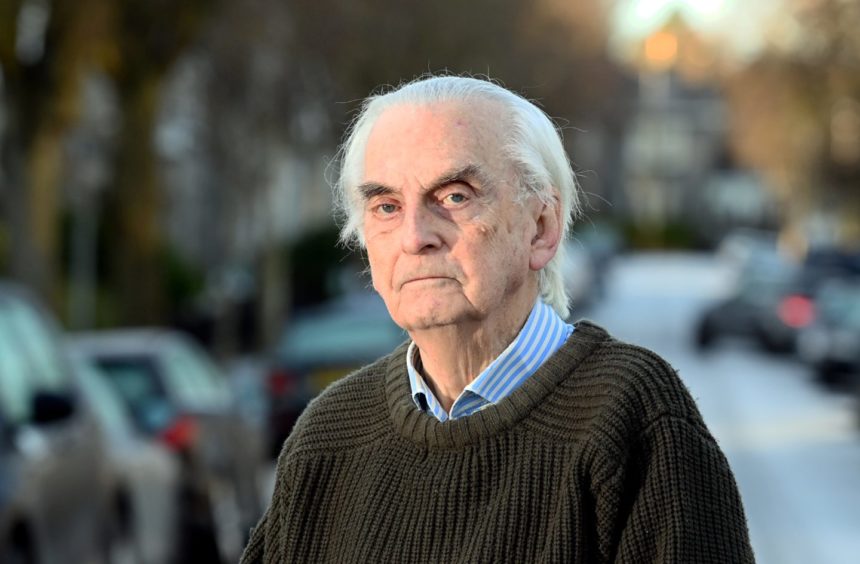With isolations disrupting schools, decisions on vaccinating younger children are becoming more timely and more complicated.
Highland officials are “very concerned about the exponential rise in cases” in the region, which recently saw its largest spike since the pandemic began.
There are no plans to return to remote learning. But education leaders have issued assurances that the infrastructure for remote learning is still in place, should a change be necessary.
While some young people have become seriously ill or died after testing positive for Covid-19, those percentages are much lower than among the older population.
Aberdeen microbiologist Prof Hugh Pennington said that vaccinating younger people could curb the spread.
But deciding whether to offer the vaccine to younger age groups isn’t a straightforward issue.
‘The virus is very busy’
The UK’s Joint Committee on Vaccination and Immunisation (JCVI) has not fully extended vaccinations to children in the 12-15 age range. Children over 12 are only eligible if they have certain health conditions or live with an immunocompromised person.
But Prof Pennington added that current surges have made expanding the vaccination programme a hot topic.
“The virus is very busy, particularly on younger people. None of the primaries will have had a vaccine. And only the top age group classes will have had the opportunity to have the vaccine anyway.
“So really, if we’re trying to dampen down the virus in the community, then the less virus that’s going around in schools the better.”
Vaccinating younger children and their risks with Covid
According to statistics from Public Health Scotland, there continue to be very few Covid-related deaths among people under 20. But there are still cases of death, serious illness or hospitalisation among younger age groups.
Prof Pennington said that this makes vaccinating young people a tricky question.
“The argument really is: If you’re vaccinating children, you’re not doing it to protect their individual health. You’re doing it so that they don’t become spreaders of the virus. And that’s the same case with the older kids and teenagers and people in their 20s.”
He said that, when health officials ask pupils and university students to get a flu shot every year, the motivation is less about keeping kids from getting sick than in helping stop the overall spread.
If we’re trying to dampen down the virus in the community, then the less virus that’s going around in schools the better.”
-Prof Hugh Pennington
“Kids pick up the flu as it goes around school like nobody’s business. And they take it home and infect their grandparents, who are much more likely to have a very serious illness or even be killed by it.”
With the “much nastier” Covid-19 virus, the risks to the community are even greater, he said.
“It’s a tricky one for public health people. It’s a very difficult balancing act. Because the harm that’s done by closing down classes is very great.
“We’ve lost a lot of education since the pandemic started and the kids will suffer from that, whatever happens. There’s no way you can go back to square one on their education.”
Read more from the Schools and Family team
The child flu vaccine: Everything you need to know
IN DEPTH: How the Covid cases break down in Highland schools – and what counts as an outbreak
Bubbles, pings and masks: New back to school safety guidance explained

